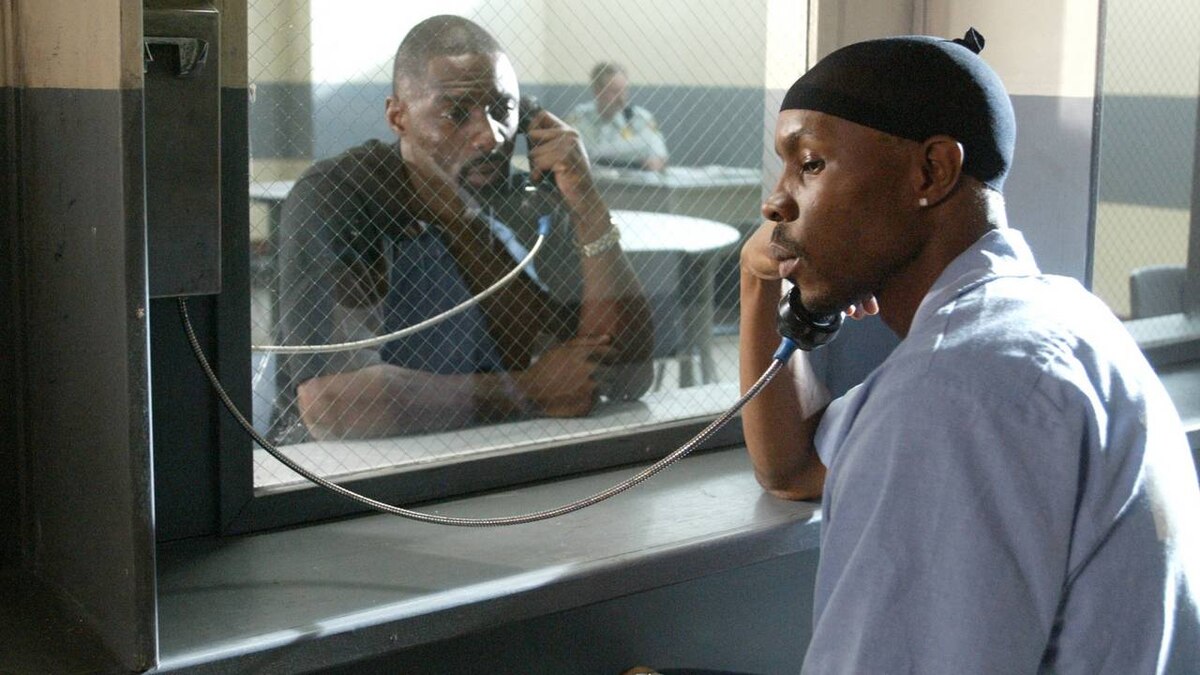
‘National Conversation’ is a loaded term
Maybe serious channels for dialogue, listening and understanding are being developed by the Office of An Taoiseach and other departments. But if, as I suspect, the real intention is not for understanding but a focus on building consensus about the issue of societal violence, we may be asked to travel a different path. One of punishment rather than understanding.










